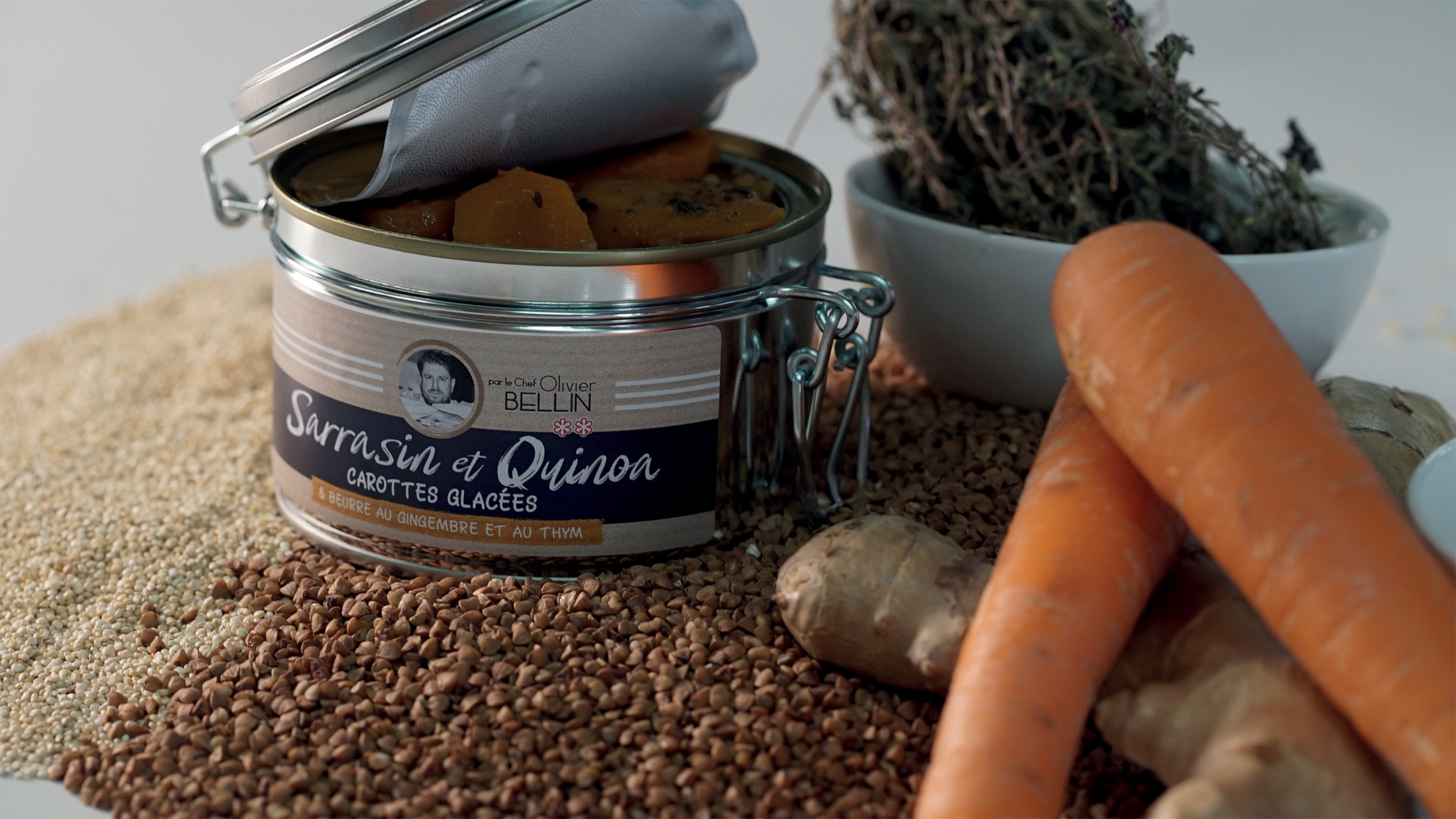Metal Packaging Meets COVID-19 Push for Healthy Eating and E-commerce Boom

The lives of consumers around the world were upended by the COVID-19 pandemic. Norms around work, school, travel and socialization changed virtually overnight. Eating habits also became fundamentally different, with a greater number of consumers cooking from home and eating healthier. The ability to physically visit retail stores also changed beyond recognition, and as a result e-commerce and direct-to-consumer models – which were already gaining huge traction pre-pandemic – accelerated rapidly in terms of sales.
According to Euromonitor, online grocery is one of the most significant trends to emerge in the packaged food industry due to stay-at-home rules. Many major brands are prioritizing this channel within their corporate strategies having recognized the fact that its forward momentum is unlikely to ease. E-commerce is set to be the fastest growing channel as we continue to battle with COVID-19, and metal packaging is perfectly suited to the needs of both the consumer and the supply chain.
- Retail value sales of the packaged food industry grew by 4.6% in 2020, compared to 1.7% in 2019
- The imposed stay-at-home rules, resulted in food sales from foodservice and institutional channels shifting to the home with a benefit to the retail channel
- This, together with the essential nature of the food industry, has meant strong performance in 2020. [1]
Canned food offers many health and nutritional advantages and locking in product freshness is undoubtably a great benefit of the format. Canning facilities are strategically located near farms so that fruit and vegetables are canned within hours of being picked—the time when they are at their freshest. Let’s take a sweet corn cob as an example. Once picked, that cob will try to keep its cells alive by feeding on its own nutrients to keep itself fresh, essentially taking them away from the consumer. This process is sped up considerably by exposure to oxygen and light, which causes the cob to degrade further in quality the longer it is left on the shelf.
In addition, the retort process makes that corn one of the safest products on shelf. Canning destroys a variety of pathogens and deactivates enzymes that might otherwise cause continued deterioration. It is also the only process that ensures the complete destruction of spores of B. cereus[2] - a form of food poisoning. Add to this the fact that those wastage percentages for the same sweet corn are reduced to a mere 7% and it is clear that canning has a positive impact for consumers looking to maintain a nutritious and balanced diet while also reducing food waste.
From a logistics perspective also, metal is as robust a material as you could wish for as a product moves through the supply chain, and when you consider it allows products to be moved at ambient temperatures – in addition to offering massively enhanced shelf lives – it also saves energy where refrigeration is concerned and enables product to be shipped to where it is required without fear of premature spoilage. In every respect, metal packaging is the perfect partner to the online model, and as e-commerce booms, so too will metal packaging.
Questions for Crown?
